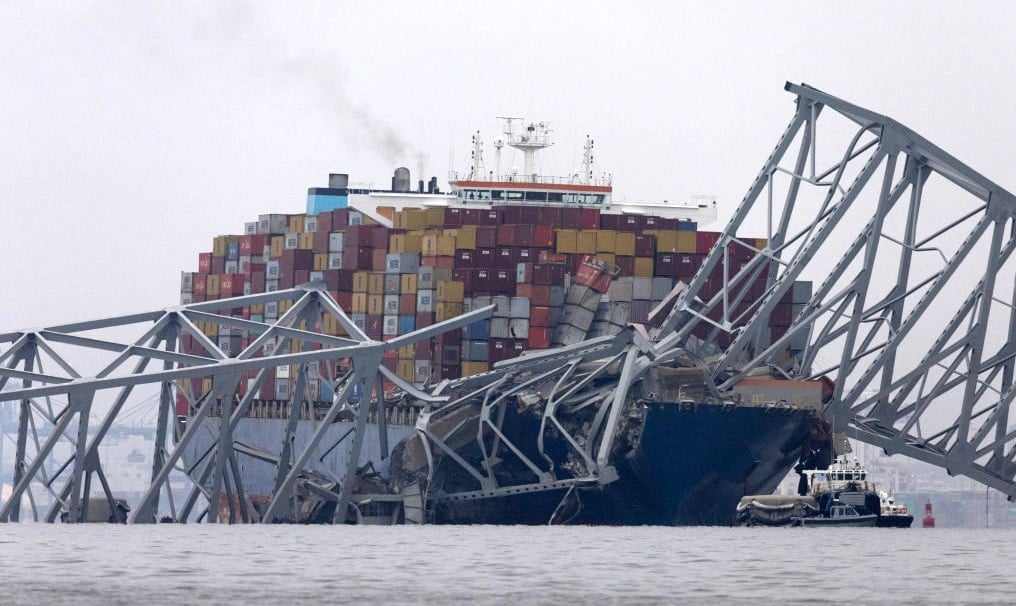
London : Alaa Abd Wahab
The maritime industry is a basic component of global trade, and English ports have a great history in acting as a significant role in facilitating international commerce. This article focus on the significance of major English ports which are mentioned in this article which are Port of London, Port of Felixstowe, Port of Southampton, Port of Liverpool and Port of Immingham and their maritime traffic, and evaluates the impact of the Baltimore incident on these ports.
-
Port of London
The Port of London, is one of the most important ports not only in the United Kingdom but at the whole world throughout history and it still the central hub for the maritime traffic in the United Kingdom. The location of the Port of London on the river of Thames helps it in handling array of goods, including containers, Vehicles, and bulk cargo. The port’s strategic location in the capital city ensures it’s sustainability in global trade.
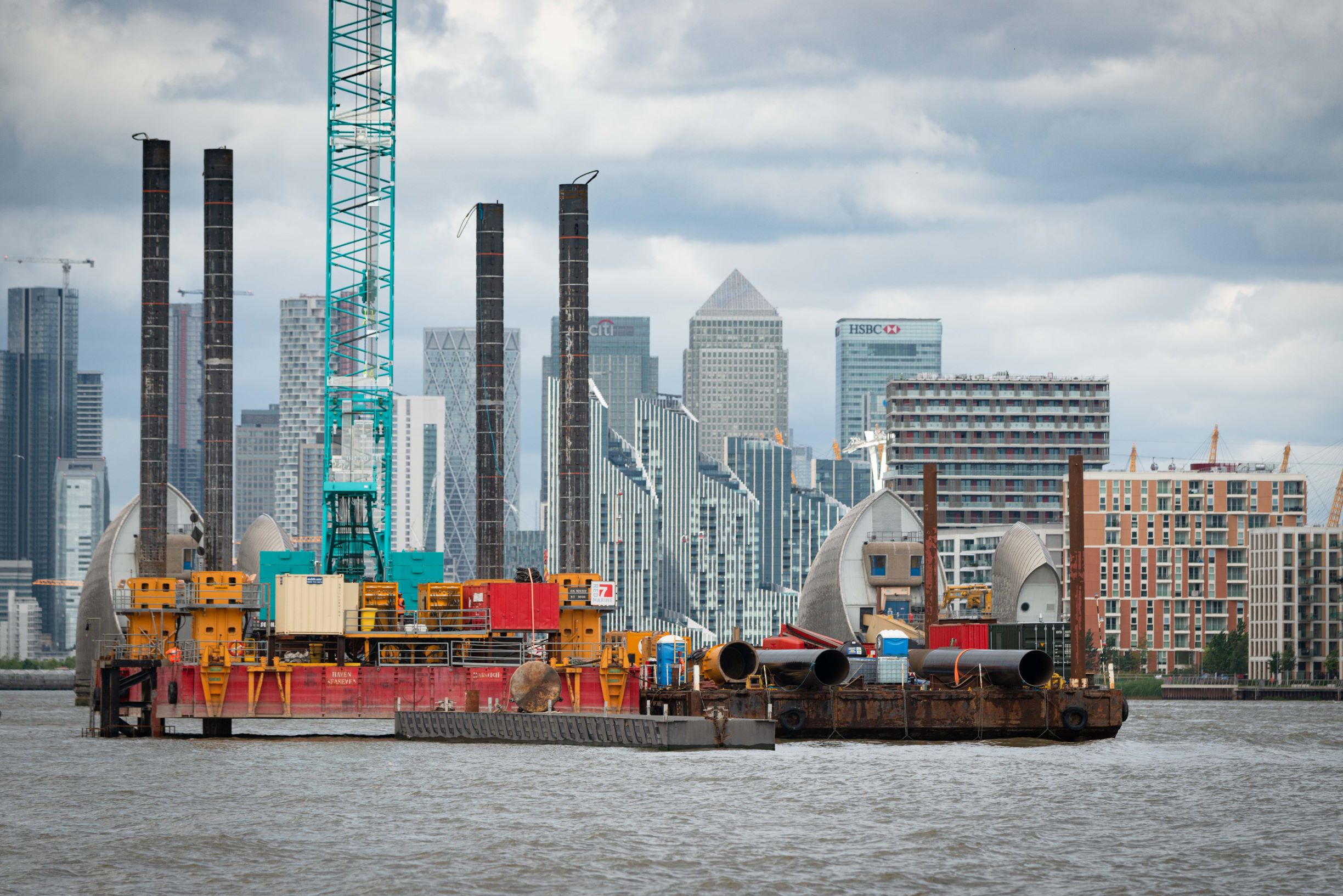
-
Port of Felixstowe

The Port of Felixstowe is the most busiest container port in the UK, also because of accounting for nearly half of the country’s containerized trade. It’s location on the east coast helps it to be a critical gateway for goods entering and leaving the UK. Felixstowe’s state of the art facilities and deep water enable it to for the accommodation of the largest container ships, and ensuring the best handling of goods.
-
Port of Southampton
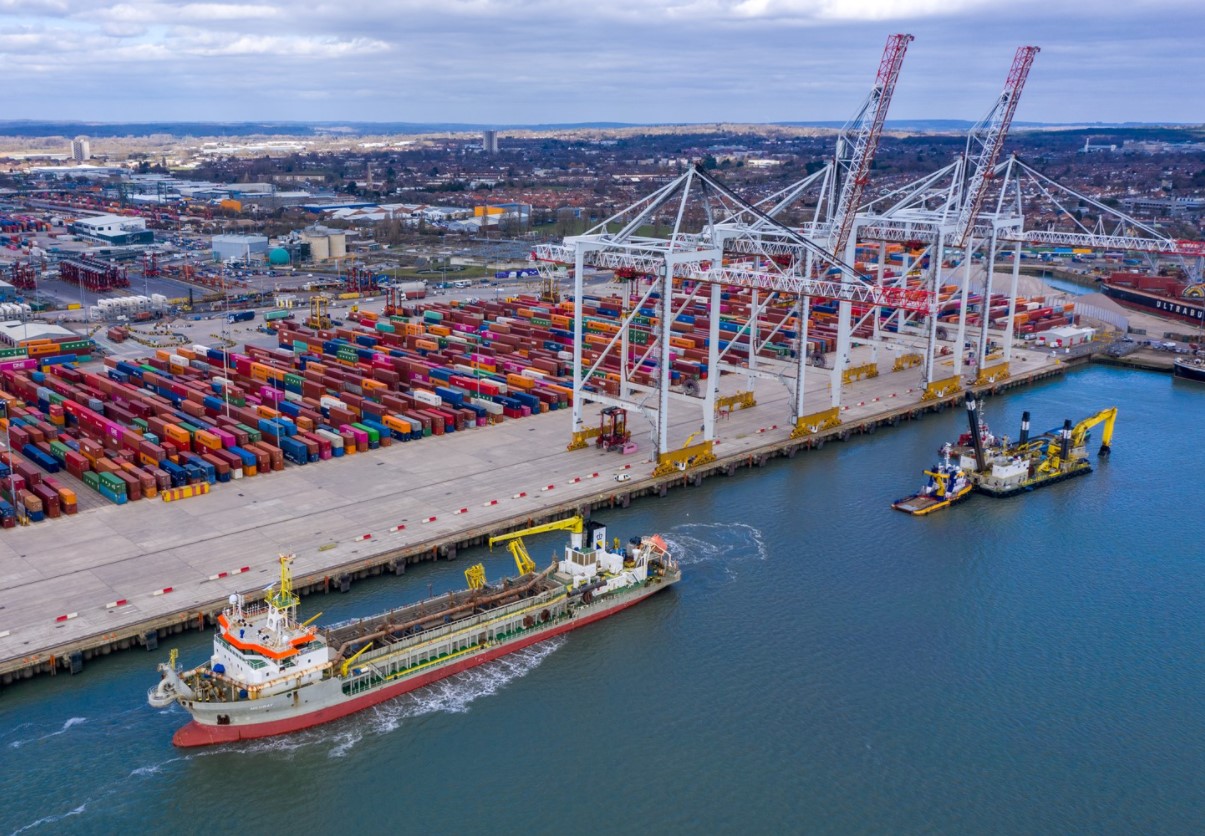
The Port of Southampton is famous by cruise terminal and its role in the automotive industry. It is considered as the main port for exporting the British-made cars and the import of vehicles from around the world. Additionally, Southampton handles huge amounts of bulk cargo, including petroleum products and agricultural goods.
-
Port of Liverpool
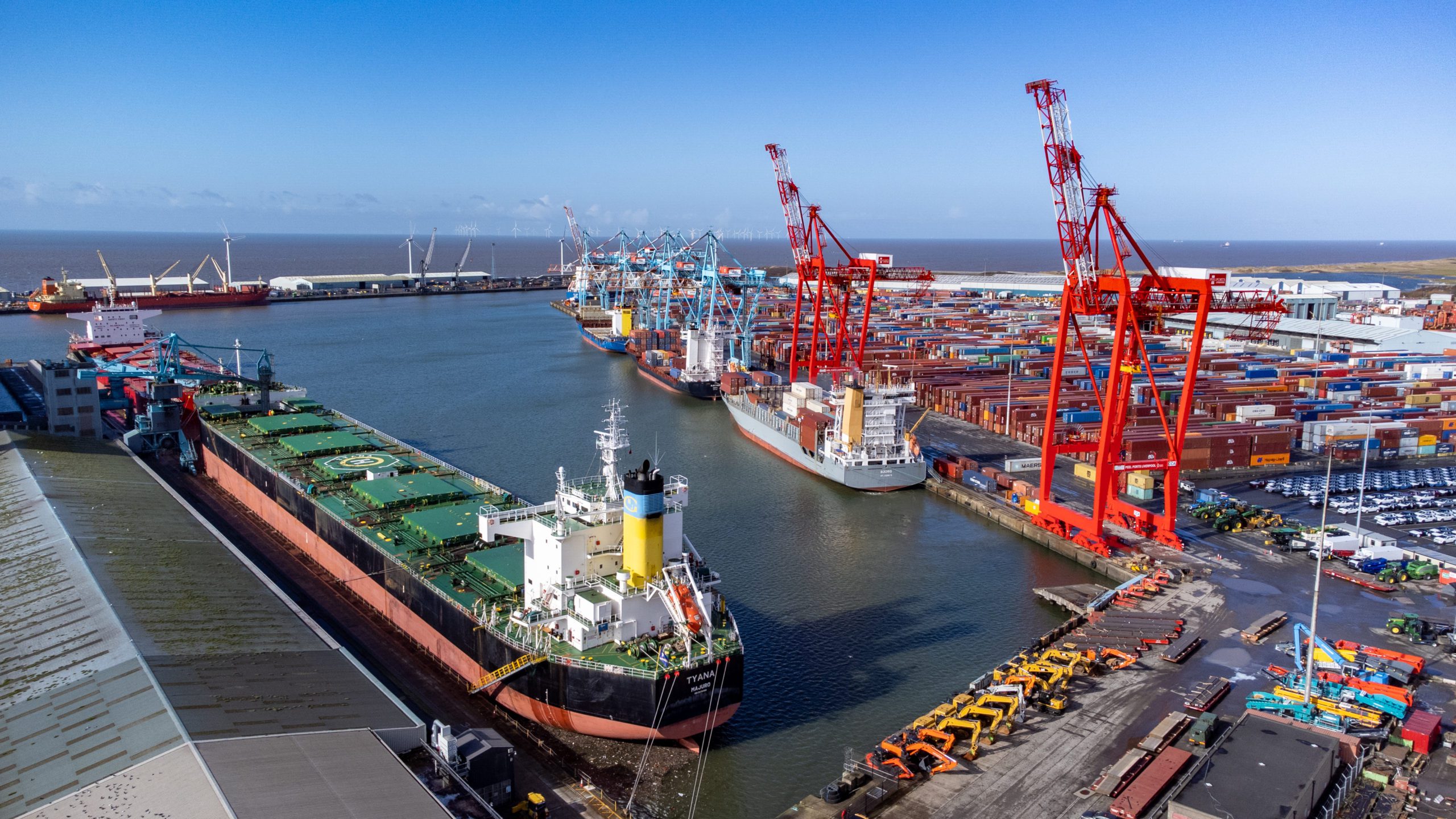
It’s location in the northwest coast, the port of Liverpool is a main link in the transatlantic trade network. It handles a huge range of cargo, from containers and commodities, Liverpool’s modern logistics and warehouse facilities make it acting as a key player in distributing goods through UK and Europe.
-
Port of Immingham
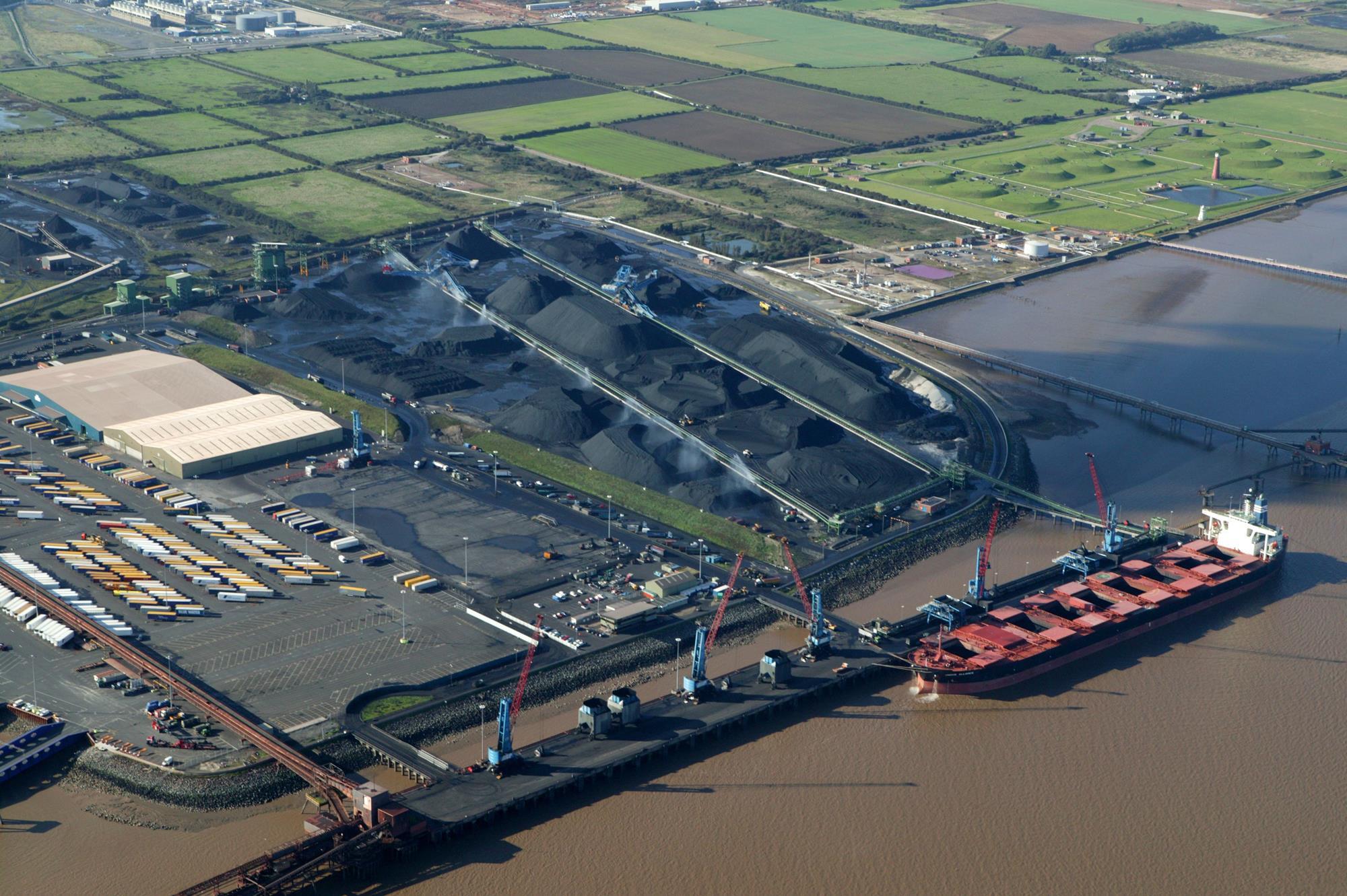
The Port of Immingham considered as the UK’s largest port by tonnage and specialized in handling bulk cargo including coal, oil, and chemicals. It’s strategic location and also it’s extensive rail and road connections make it important hub for the energy and manufacturing sectors.
The Impact of the Baltimore Incident on English Ports
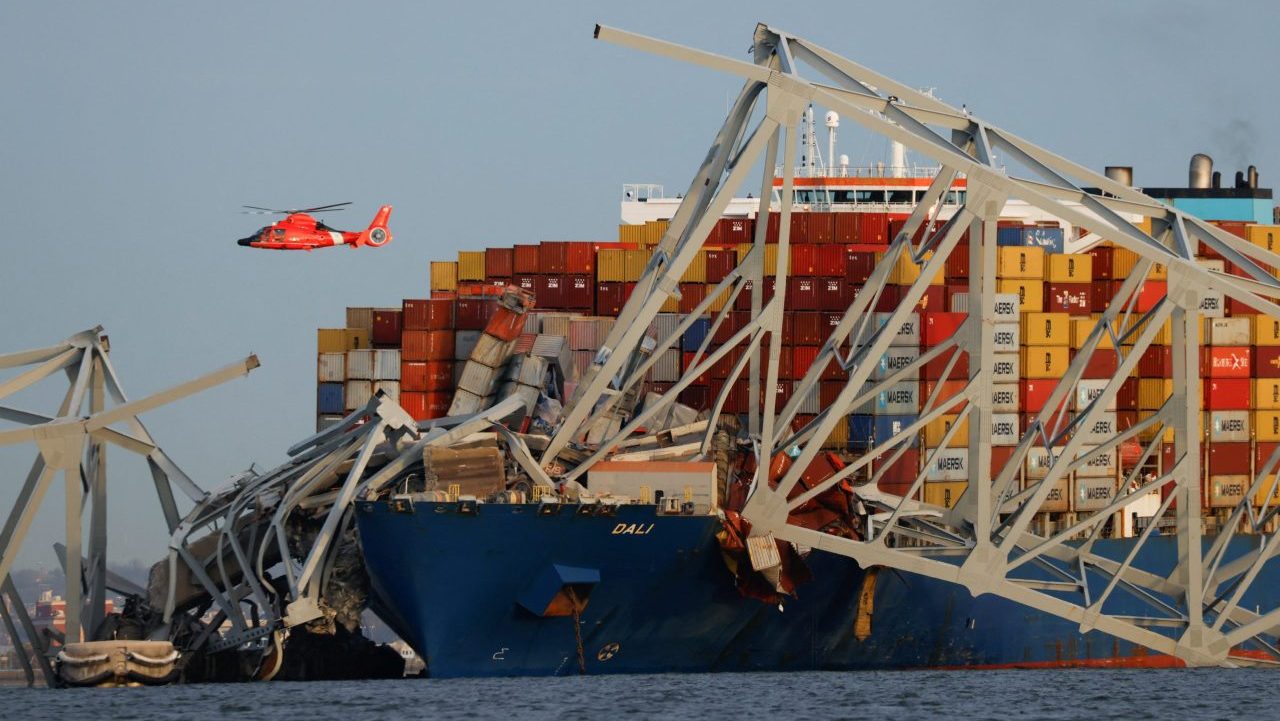
The Baltimore incident, a significant disruption in maritime logistics, has had widespread implications for ports around the world, including those in England. The incident, which involved a major container ship blocking a key transit route, highlighted the weakness of global supply chains coordination and the interdependence of international trade routes.
-
Disruption in Supply Chains
The immediate impact of the Baltimore incident showing the conflict and disruption in the global supply chains. English ports, especially those handling large volumes of containers traffic like London port and Felixstow port, experienced delays and congestion. The ships which schedule to dock in these ports faces delays in case of navigation to other routes or awaiting for the congestion to clear.
-
Increased Operational Costs
The disruption also leads to increasing the operational costs for the English ports and shipping companies. The cost of rerouting ships are coupled with long transit time, also this effects on the fuel costs and logistical expenses. At the same time the ports to manage how to clear the congestion, requires additional resources and extra man power.
-
Strain on Port Infrastructure
The sudden flow of delayed ships affects negatively on the ports infrastructure, especially at the high traffic ports like Felixstow and Southampton. Increasing the volume of ships and cargo lead to congestion, affecting on the traffic of port’s operations. This strain highlight the need of massive infrastructure and formulating strategic plans to handle the unexpected disruption or congestion.
-
Impact on Trade Volumes
The Baltimore incident impacts the trade volumes at English ports. Some goods faced delay in their supplement to their required destinations, affecting on the time of delivery in important kind of goods like automotive industry, experienced delays for the export and import in this kind of industry affects the production scheduling and supply chains.
Mitigating the Impact and Future Preparedness
1-Enhancing Infrastructure and Capacity
To mitigate the impact of similar incidents in the future, English ports are investing in developing their infrastructure and increasing the capacity. Expanding berths, upgrading handling methods, and improving logistics facilities are serious steps to ensure that their ports can handle increased traffic and unexpected disruptions efficiently.
-
Implementing Digital Solutions
Digital solutions play important role in improving port operations an. Implementing advanced tracking and monitoring systems can provide visibility through the supply chain, allowing for better planning and coordination. Ports are increasingly adopting technologies like blockchain and AI to streamline operations and improve efficiency and avoiding any unexpected congestion.
-
Strengthening Coordination
coordination between ports, shipping companies, and government agencies is very important for managing disruptions effectively. Establishing clear communication channels and coordinated response plans can help mitigate the impact of incidents like the Baltimore disruption. coordination efforts can ensure a more secure and better maritime industry.
-
Diversifying Trade Routes
Diversifying trade routes can be considered as a good strategy to reduce disruptions. Ports and shipping companies are exploring alternative routes and expanding their network of connections. By reducing depending on a single transit route, the maritime industry can reduce the rate of unexpected incidents.
-
Investing in Sustainable Practices
Sustainability is becoming as a mandatory item in the maritime industry. Ports are investing in green technologies and practices to reduce their environmental impact and enhance long-term stability. Sustainable practices not only contribute to environmental goals but also improve the efficiency and reliability of port operations.
The maritime traffic in major English ports is very important to the UK’s economy and global trade. Ports like London, Felixstowe, Southampton, Liverpool, and Immingham play basic roles in handling a diverse range of goods and facilitating international commerce.
However, incidents like the Baltimore disruption highlight the shortage of global supply chains and the need for improving the infrastructure through providing advanced digital solutions, and coordination plans. By investing in these areas, English ports can enhance their continuity to play a vital role in global trade.


